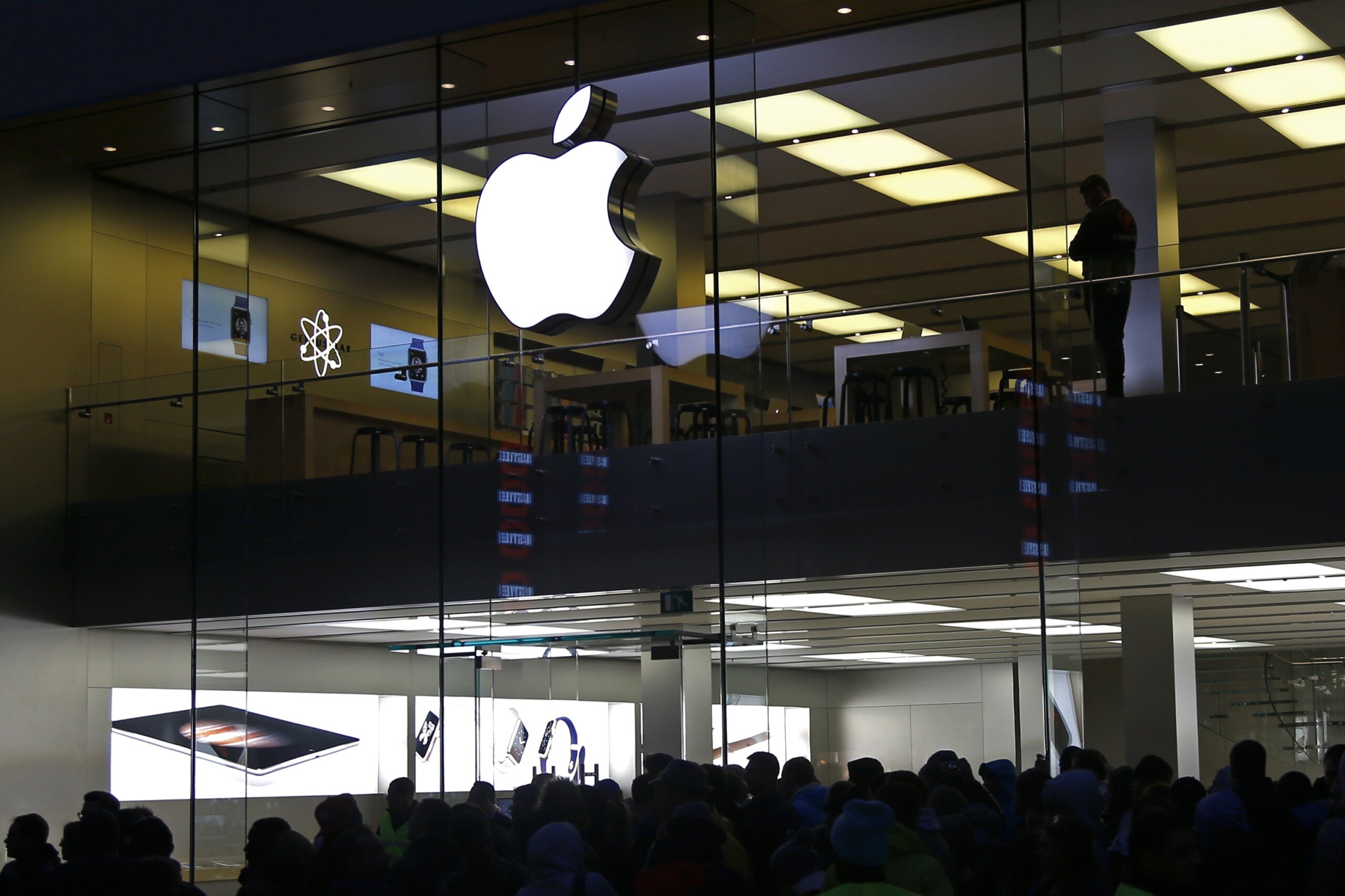Shopping
Top EU Court rejects Google’s appeal of €2.42 billion fine in Shopping case

The Court of Justice of the European Union (CJEU) on Tuesday (10 September) upheld the European Commission’s €2.42 billion fine against Google over allegations it abused its dominant position in the search engine market.
The 14-year-old case, now put to rest, saw the tech giant hit with the regulatory’s second-ever largest antitrust fine.
“The Court of Justice upholds the fine of €2.4 billion imposed on Google for abuse of its dominant position by favouring its own comparison shopping service,” reads the press release of the CJEU.
“This judgement validates the Commission’s approach to self-preferencing,” stated Competition Commissioner Margrethe Vestager during a press conference on Tuesday (10 September).
“Of course a dominant company is free to innovate in all fields, but in doing so it should compete on the merits of their innovation,” she added, and it “cannot lean on the competitive advantage that it holds because of its market power.”
Google told Euractiv that “we are disappointed with the Court’s decision” and that the company had “made changes back in 2017 to comply with the European Commission’s decision,” referring to a 2017 press release stating that shopping services in the EU will compete on equal terms with Google’s Comparison Shopping Services.
The EU’s General Court first dismissed Google’s appeal in 2021, while Tuesday’s decision dismissed Google’s second appeal in front of the Court of Justice.
The final Court ruling follows the opinion of Advocate General Juliane Kokott, who advised the judges to uphold the fine in January 2024.
The ‘mother of antitrust battles’
The decision ended a 14-year process kickstarted by the European Commission in November 2010, when it decided to open a probe on allegations of antitrust violations by Google, raised by several companies.
It also certifies self-preferencing as a form of abuse of dominant position.
Google was found to have illegally positioned its own comparison shopping service in an advantageous position thanks to its dominant search engine, to the detriment of competitors’ shopping services.
“Back in 2009, we certainly did not expect a proceeding of 15 years,” a spokesperson from the German publisher association BDZV told Euractiv. The association filed a complaint with the German competition authority that year, which was later forwarded to the Commission in 2010.
“Since the beginning of each abuse, Google’s comparison shopping service has increased its traffic forty-five-fold in the United Kingdom, thirty-five-fold in Germany, [and] nineteen-fold in France,” wrote the Commission in 2017.
The case is the “mother of antitrust battles,” said the BDZV spokesperson, citing competition experts. The case changed competition policy and inspired EU legislators to adopt a landmark digital antitrust law, the Digital Markets Act (DMA), in 2022.
The EU Merger Regulation regulates competition ex post or after an infringement occurs. By contrast, the DMA, applicable since May 2023, allows the Commission to act ex ante, setting rules to prevent anticompetitive behaviour before it occurs.
Critics such as Senior Adviser for Competition at the European Consumer Organisation BEUC Vanessa Turner say Big Tech companies, including Google, have yet to comply with the DMA fully. She told Euractiv that the Commission should swiftly enforce the DMA against Google and other gatekeepers.
BEUC was one of the complainants in the Google Shopping case against the Californian tech giant.
Imposing remedies
“This fine is just a tax to pay for Google; it will not impact its behaviour whatsoever,” Richard Stables, CEO of the comparison-shopping company Kelkoo Group, told Euractiv.
The group is a lead complainant in the case against Google Shopping in France and is involved separately in litigation over similar issues with the tech giant in the United Kingdom.
When the fine was issued in 2017, Google’s parent company, Alphabet, reported revenues of €110 billion. By 2023, this figure had grown to €278 billion. The Commission fine, therefore, amounted to 2.2% of Google’s annual revenues in 2017, yet now amounts to 0.9% of Google’s 2023 annual revenue.
More significant impacts on Google may arise from a case in the US.
In August, the Judge for the District of Columbia, Amit Mehta, ruled that the company was maintaining an illegal monopoly of its search and advertising services. Potential remedies might even include the break-up of Google’s advertising and search services, which, according to experts speaking to Euractiv, remains unlikely.
In its memo to the next competition commissioner, Brussels think tank Bruegel said that DMA enforcement must be “vigorous and swift” despite expected resistance from Big Tech, as seen in the 14-year Google shopping case.
“If enforcement of the [DMA] does not compel compliance quickly, the law will be perceived by consumers as lowering the quality of their digital experience while delivering no benefits,” wrote US Expert Fiona Scott Morton in the memo.
“Business users will become disillusioned about their ability to access consumers freely through the gatekeepers, and [their] investment and innovation will decline,” she stated.
[Edited by Martina Monti/Alice Taylor-Braçe]











